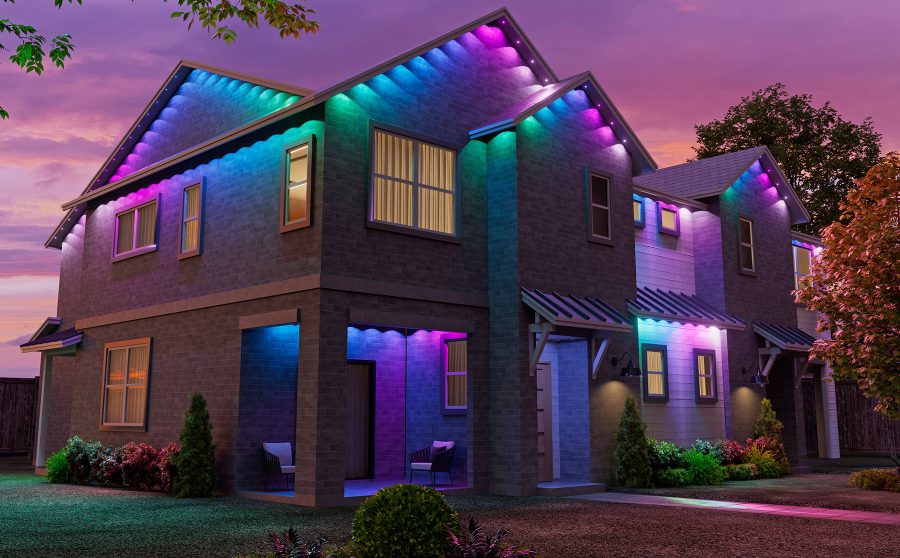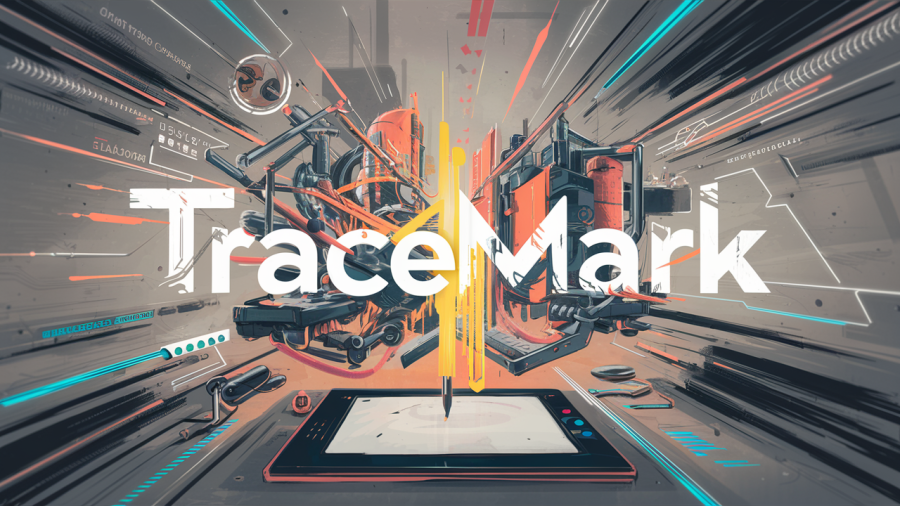If you are a gamer who wants a cool games room, especially if you are streaming, you know all about Nanoleaf and its range of great-looking LED lights that, at a glance, show you are serious about looking good.
Having started with now much-copied wall decorations adorning some of the online world’s biggest content creators’ streams, the company is now branching out further into the interactive light space with a series of launches at CES 2024, launching a range of futuristic lights that are compatible with Matter – the rapidly growing standard for controlling all this sort of stuff.
The new additions to the Essential Matter line are a Smart Multicolor light strip, multicolor outdoor string lights, and smart multicolor permanent outdoor lights.
The Nanoleaf Essential Matter devices can be controlled via an app on your phone, or via a voice-controlled smart speaker. Matter makes this easier than ever as you no longer have to have a variety of hubs and bridges to make all your smart devices talk to each other.
The sky is the limit
Also arriving, and first previewed at last year’s CES, winning eight “Best of CES” awards for product design and innovation is the Nanoleaf Skylight – smart modular ceiling panels that function not only as a traditional ceiling light but can be customized to your heart’s content with a vast number of routines to change the ambiance of your space.
You start by hardwiring one square into your existing light power, and then you can add up to 100 additional squares to cover as much of your ceiling as you like. It really does look very cool indeed.
Nanoleaf Skylight will ship at the end of January and is available to pre-order now for $249.99 for the Smarter Kit (three-pack) and $69.99 for expansion panels.
Finally, Nanoleaf’s new Orchestrator software will transform your lights with real-time music analysis and beat detection, making it a powerful house party weapon of choice.
Planned for a spring release, Orchestrator goes a step further than normal sound-to-light technology and works on picking up the audio directly from your computer’s sound source.
We will look forward to trying out Orchestrator for real soon.











